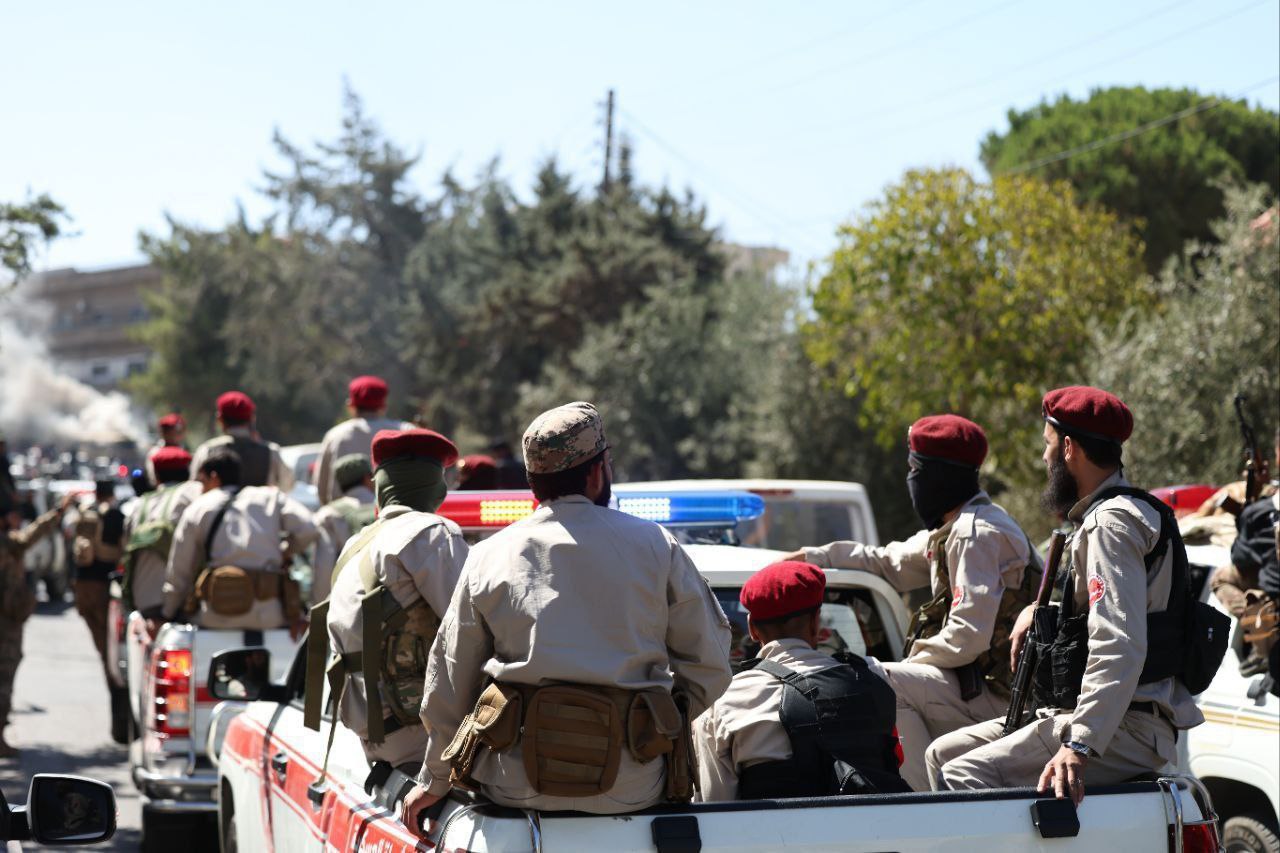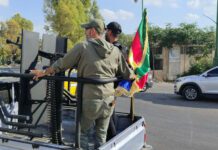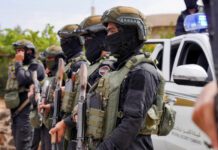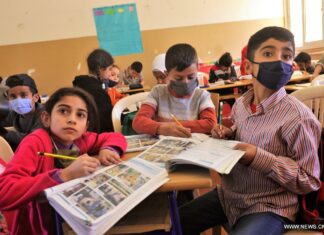
A fragile ceasefire declared Tuesday in Syria’s southern Suwayda province has been tested by continued clashes and political discord, as government forces move to reassert control over a region disrupted by separatist and obstructionist factions. The confrontation follows days of fighting, Israeli airstrikes, and conflicting messages from local and international actors.
Defense Minister Muhraf Abu Qasra announced the ceasefire after meetings with local dignitaries and religious leaders, stating that forces “will only deal with sources of fire or any targeting by outlaw groups.” Military police units were deployed across the city to oversee security operations and ensure troop discipline following public outcry over alleged violations.
Ahmad al-Dalati, head of Suwayda’s internal security, described the intervention as necessary to contain widespread disorder caused by undisciplined armed elements. “A new era begins today,” Dalati said, pledging that Suwayda would be fully reintegrated into the Syrian state under the rule of law.
Druze Leadership Divided
Initial backing for the ceasefire from the Druze Spiritual Presidency gave way to renewed tension when Sheikh Hikmat al-Hijri, a leading Druze cleric, rejected the agreement and accused Damascus of breaking its promises. In a video statement, al-Hijri urged residents to “stand up with dignity” against what he described as a “government campaign of repression and humiliation.”
The conflicting signals reflect deep divisions within Suwayda’s Druze leadership. While some elders have encouraged cooperation with the state, Hijri claims the intervention was imposed under pressure and lacks local legitimacy.
Lebanese Druze leader Walid Jumblatt welcomed the ceasefire but cautioned against internal fragmentation. “Israel will not protect anyone,” he said, warning that the unrest plays into foreign efforts to destabilize Syria. Jumblatt called for armed factions to disarm and for the Syrian government to pursue inclusive political reconciliation.
International Reactions and Diplomatic Calculus
Saudi Arabia, Jordan, and Qatar issued statements backing Syria’s sovereignty and commending the ceasefire. Riyadh also condemned recent Israeli airstrikes on a Syrian military convoy near Suwayda, which it described as violations of international law. Turkey’s Foreign Ministry urged all parties to maintain restraint, stressing the need for dialogue to prevent escalation and protect civilians. Ankara reiterated its position supporting Syria’s territorial integrity.
Tom Barrack, US special envoy to Syria, stated that Washington is engaged diplomatically with regional and local stakeholders to avoid further violence. He emphasized that any long-term resolution must be acceptable to Damascus, the Druze community, and Arab tribes in Suwayda and also meet Israeli “security concerns.”
Political Roots of a Security Crisis
Fadel Abdulghani, director of the Syrian Network for Human Rights, said the unrest stems from Syria’s failure to embrace inclusive governance following years of conflict. “This is not just about security,” he said. “Excluding political participation fuels instability.”
Despite the ceasefire, government forces remain on high alert as intermittent clashes continue. The situation in Suwayda reveals the complex interplay between local grievances, regional rivalries and a central government struggling to assert stability amid foreign intervention.








